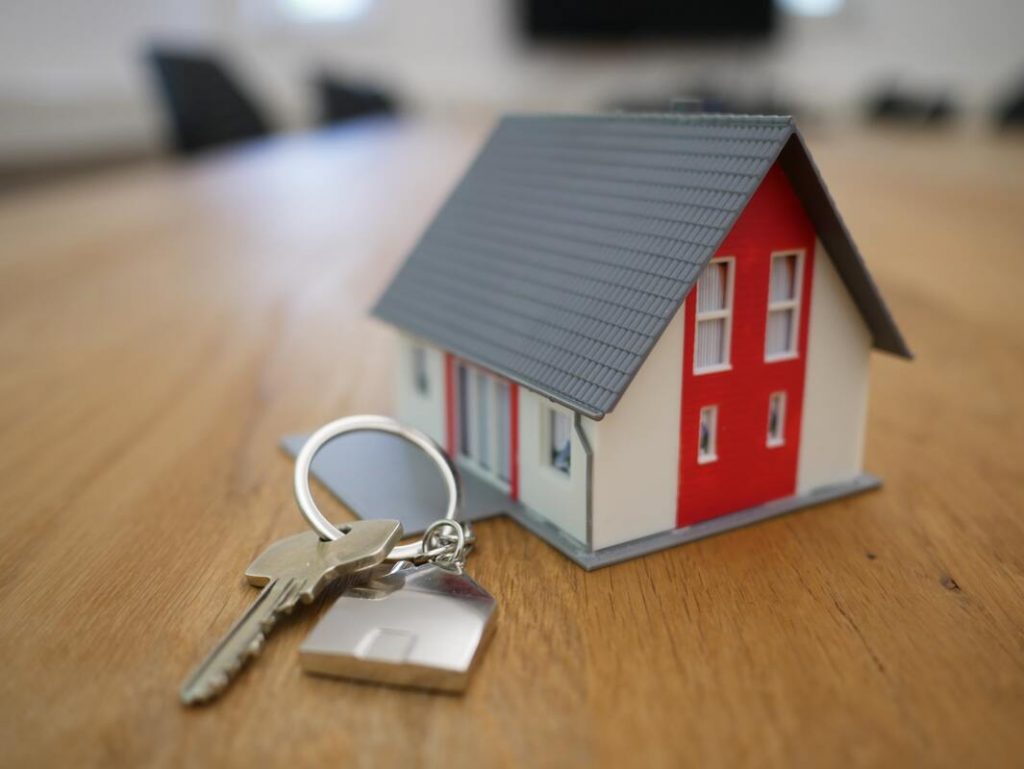When buying a new home, it’s important to ask the seller plenty of questions to get a better idea of what you’re buying. By asking the right questions, you can avoid any nasty surprises down the road that might even leave you with a home you regret buying. Here are some key questions to ask the seller when buying a new home:
What is the Property’s History?
You’ll want to know if the home has been well-maintained, or if there have been any major problems with it in the past including any water damage, foundation issues, or pests. Along with this, you should also inquire into how they dealt with these issues and see if their solutions have been effective. However, be vigilant when asking about house issues because there’s no guarantee that the seller won’t downplay some of them or even outright lie to you. Another reason you should ask about the property’s history is to see if any renovations or remodeling were done and whether these projects were made by professionals or were done in a DIY fashion by the previous owners. Likewise, this also includes checking whether these renovations needed permits and whether the seller has copies of these permits. Understanding how the property has been cared for will give you a good indication of what kind of upkeep will be required.
Why are You Selling?
One question you should always ask is why the seller is selling — they may have had a family emergency, they may have simply outgrown their home, or there could be something wrong with the property that they’re not disclosing. While you don’t want to pry too much, it’s worth trying to understand their motivation for selling. Knowing why they’re selling will make it easier to gauge whether this is something you can work with during negotiations. Moreover, you should also ask about what’s included in the house if they sell it to you. It would also be better to get this in writing because some sellers might try to back out of their offer later on. If you liked a specific room because of its furniture, decoration, or appliances, check that those items will still be present when you move in. You wouldn’t want to be caught off guard after buying a home, only to find that the seller took everything you loved about it with them when they left.

What is the Neighborhood Like?
You should always research the neighborhood before buying a home, but it doesn’t hurt to ask the seller about it. Find out if there have been any recent changes to the area that might affect your quality of life. For example, is there construction planned for the future? Or have there been any issues with crime in the area? Aside from these, you should also ask about the neighbors. Any problems the seller might have had with their neighbors will also become your issues if you move in. For example, if the neighbor’s dog barks all night, that’s something you’ll have to deal with. This will give you an idea of what you can expect from the neighborhood if you decide to move in.
What’s the Lowest You Can Go?
Before you can even begin house hunting, you must get pre-approved for a mortgage loan. This will show the amount lenders are willing to give you, which can help narrow your search for a home. Depending on your unique situation, you can choose among different loan options that best fit your needs. For instance, if your target home is in a certain rural area and your income fits the required conditions, then you may be eligible for a government-backed USDA loan. This will allow you to purchase the home of your dreams without any down payment. That’s why you should apply for USDA loans and get pre-approved for the mortgage before you start looking for a property. This will give you a good idea of what price range you should be looking in.
With your budget in mind, you can have a point of reference while negotiating prices with the seller. That’s why it’s always a good idea to ask them what’s the lowest they can go on the house price. This way, you know exactly how much room you have to negotiate, and you can factor that into your offer. It’s also a good way to determine if the seller is motivated to sell — if they’re willing to drop the price significantly, it may be a sign that they’re having trouble finding a buyer. Keep in mind, though, that some sellers may be unwilling to lower their price too much, so don’t be afraid to walk away if the deal isn’t right for you.
By asking the right questions, you can better understand your new home and neighborhood, which will prepare you for moving in. With careful planning and preparation, you can ensure your new home purchase goes as smoothly as possible!





